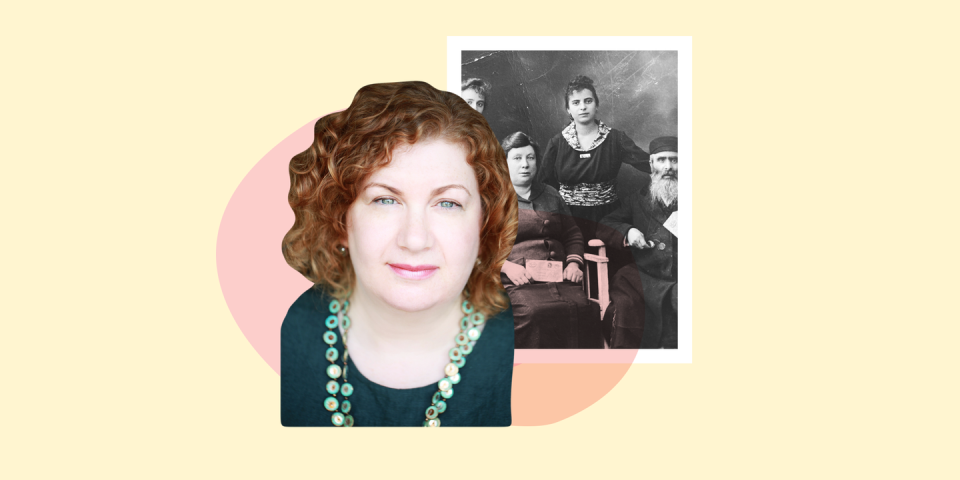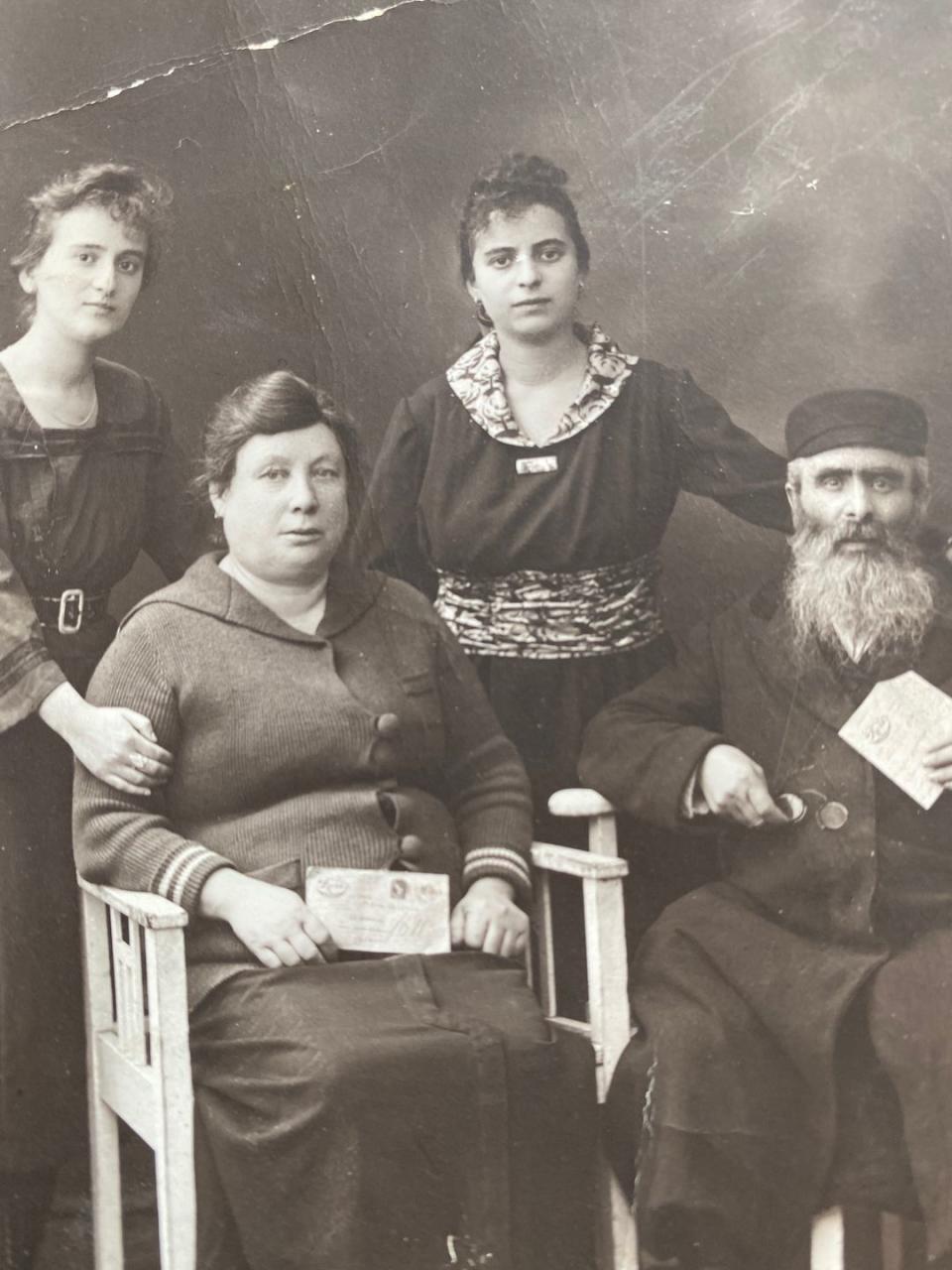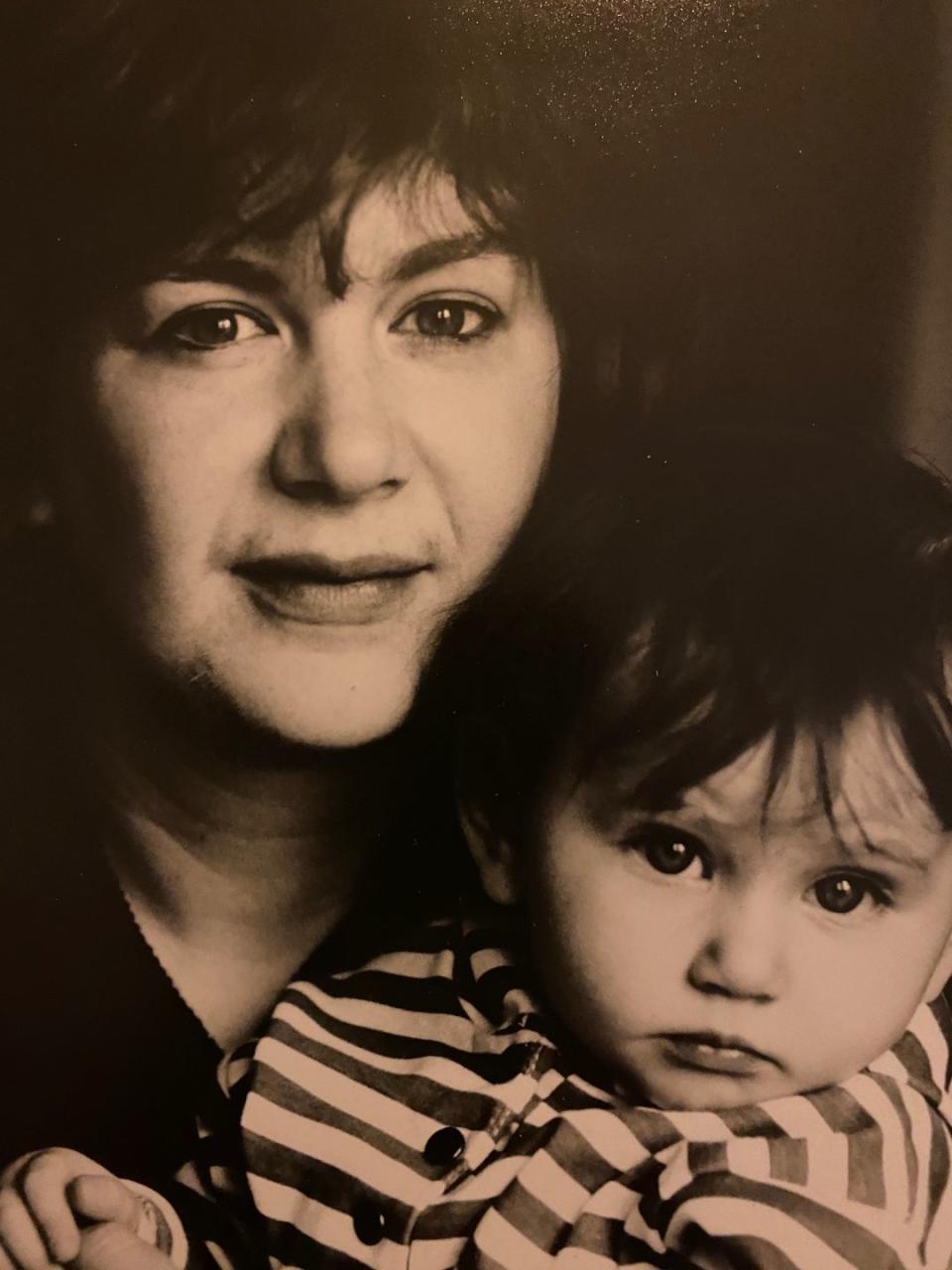Author Keren David on taking lessons from the past to tackle modern-day antisemitism

I grew up in a traditional Jewish family. We observed Shabbat (the Jewish Sabbath) and usually went to synagogue, we ate kosher food, but we were also very much part of the wider community. We lived in a small town in Hertfordshire, which didn’t have much of a Jewish population, so as a child I was convinced that the people of our little community were the only Jews around.
Once I had my children, I was determined to bring them up in the heart of the Jewish community, but that never quite worked out. After living in Amsterdam for eight years, our family relocated back to London, where we live now. In some ways we’re quite traditional, and in other ways we’re not. We observe a lot of Jewish traditions at home and my son attended Jewish schools, but my kids have a huge mix of friends – both Jewish and non-Jewish – and I think this is very important.
My new book is in part based on my experiences of growing up Jewish and also on bringing my children up as Jews. It examines the joys and challenges of being Jewish. As part of this, I had to think about and tackle the way antisemitism presents itself in our lives today.

Antisemitism never used to be something we consciously worried about – but we kept our Jewishness to ourselves – it wasn't something we shouted about. When I set out to write What We’re Scared Of, I began by thinking of all the ways in which my protagonists – teenage twin girl – might experience antisemitism. To put it plainly, I was shocked by the scenarios that came to mind: everything from school bullying and online trolling to violent threats and terrorism. I wanted to portray the many things, from conspiracy theories to Holocaust denial, that shape the hatred that is antisemitism in our culture today. Being part of a family that has been affected by antisemitism, I think it's important to identify it, whatever form it takes, and raise awareness of the many different shapes it can take.
Throughout my novel, friendship and allyship feature prominently. This was partly based on my friendships growing up but also came from observing my children and their friends. Earlier this year, my son found himself stuck at university due to coronavirus on Yom Kippur, a High Holy Day in the Jewish calendar. His friends – none of whom are Jewish and most of whom had never met a Jew before they met him – fasted with him to observe the festival. They then all broke the fast with a meal together, which I thought was a fantastic act of solidarity and love. Rallying together to support the beliefs of your friends, and educating yourself on their culture, is so important for good allyship.
Writing the book meant confronting the long history of antisemitism that Jews have faced, including the Holocaust. In the past, I’d have said the Holocaust wasn’t really something that touched my family, even though my great-grandfather was killed in Auschwitz. It wasn’t something we talked about, it was too enormous a topic to broach. I’ve recently started talking much more to my father, who is 92, about the effect that the Holocaust had on both him and my grandfather. It was only then I realised that growing up, the horror of the Holocaust – and also my lack of understanding about it – probably did have a huge knock-on effect on myself and my family.

When I researched my book, I talked to Mala Tribich, a well-known, strong and fascinating Holocaust survivor. Her testimony of living through WWII in Europe is included in my novel. I didn’t want to make things up, the truth of the Holocaust is too important to fictionalise. Interviewing her, I suddenly realised that I’d never put myself in the position of hearing the words of survivors so directly. But when I sat with Mala, and talked with her, it was quite extraordinary. The ghetto where Mala was forced to live was where my mother’s family would have been imprisoned. The fact that I could talk to Mala and ask her questions, knowing I had my own personal connection to it, was almost like breaking a taboo. I was confronting something that I had never admitted to myself had to be confronted. I now feel stronger, braver, and more able to face my history than I ever have before. I’m hoping that the book, especially Mala’s story, will underline the dangers of antisemitism, and increase people’s understanding of how it affects Jewish people. I hope it makes young Jews feel stronger, and creates wonderful allies.
Throughout the process of discovering more about my past, I realised what a difference listening to survivors can make and why we all need to do it. Holocaust Memorial Day gives people a chance to do this. I would encourage everyone to listen to the testimony of our amazing Holocaust survivors, who are getting older now. Mala is 90 (although she looks at least 20 years younger) and she works tirelessly in this cause.
Today, there is an ignorance about Jews, who we are, what our religion and culture means, and what our history is. I would love people to learn more about Judaism and Jewish history and see the Holocaust as part of that long history. Sadly, it wasn’t an isolated event, it was part of the many ways antisemitism has manifested and still does today. May it never be repeated.
What We're Scared Of (Scholastic) by Keren David is out now.
Sign up to our newsletter to get more articles like this delivered straight to your inbox.
In need of some positivity or not able to make it to the shops? Enjoy Good Housekeeping delivered directly to your door every month! Subscribe to Good Housekeeping magazine now.
You Might Also Like

 Yahoo Finance
Yahoo Finance 